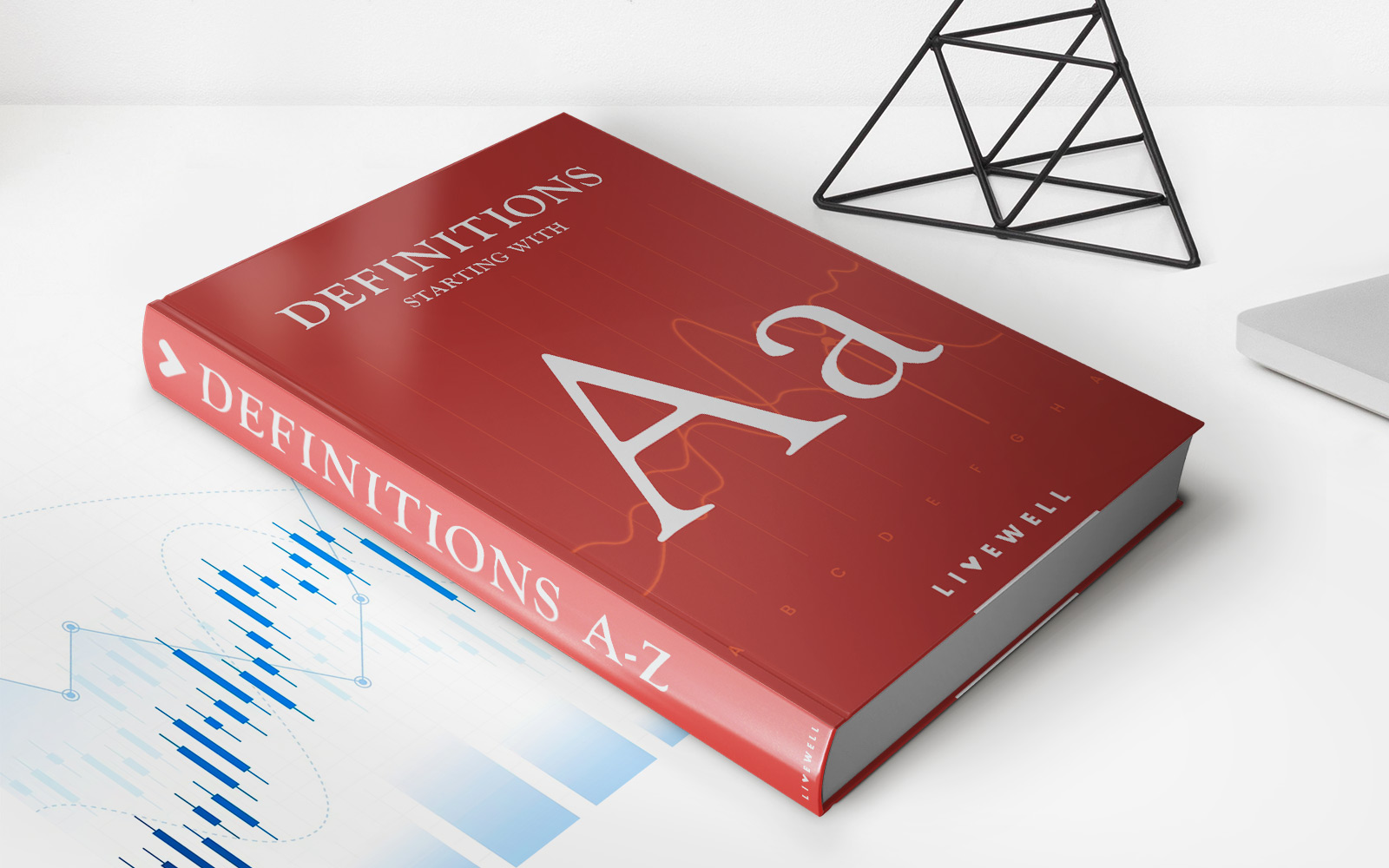Home>Finance>Graduate Record Examination (GRE): Definition, Scoring, And Cost


Finance
Graduate Record Examination (GRE): Definition, Scoring, And Cost
Published: December 1, 2023
Looking to pursue a graduate degree in Finance? Learn about the GRE's definition, scoring, and cost to help you prepare for your future studies.
(Many of the links in this article redirect to a specific reviewed product. Your purchase of these products through affiliate links helps to generate commission for LiveWell, at no extra cost. Learn more)
Graduate Record Examination (GRE): Definition, Scoring, and Cost
If you’re considering pursuing a graduate degree, you’ve probably come across the acronym “GRE” at some point. But what exactly is the GRE? How is it scored, and how much does it cost? In this blog post, we’ll answer these questions and provide you with all the essential information you need to know about the GRE.
Key Takeaways:
- The GRE is a standardized test used for admission to graduate programs in various fields.
- The exam consists of three sections: Verbal Reasoning, Quantitative Reasoning, and Analytical Writing.
What is the GRE?
The Graduate Record Examination (GRE) is a standardized test administered by the Educational Testing Service (ETS). It is widely accepted by graduate and business schools as part of the admission process for a variety of programs, including business, social sciences, humanities, and natural sciences.
The GRE measures your verbal reasoning, quantitative reasoning, and analytical writing abilities. It assesses how well you can analyze and evaluate written material, reason quantitatively, and express your thoughts in a clear and coherent manner. The test is designed to measure the skills necessary for success in graduate and professional programs.
Scoring on the GRE
The GRE is scored on a scale of 130 to 170 for the Verbal Reasoning and Quantitative Reasoning sections, and on a scale of 0 to 6 for the Analytical Writing section.
The Verbal Reasoning and Quantitative Reasoning sections are scored in one-point increments, and the scores are combined to give you a total score. The Analytical Writing section is scored holistically by two different readers, and their scores are averaged to provide you with a final score.
It’s important to note that there is no passing or failing score on the GRE. The score requirements vary by program and institution, so it’s essential to research the specific requirements of the schools you’re interested in.
Cost of the GRE
The cost of taking the GRE varies depending on your location. In the United States, the standard testing fee is $205. However, additional fees may apply if you request additional score reports or late registration. International test takers should check the ETS website for the most up-to-date information on fees in their respective countries.
ETS also offers a fee reduction program for individuals who can demonstrate financial need. This program reduces the testing fee by 50% for eligible test takers.
Conclusion
The GRE is a vital step in the graduate school admissions process, and understanding its definition, scoring, and cost is crucial for anyone considering pursuing an advanced degree. Remember these key takeaways:
- The GRE is a standardized test used for admission to graduate programs.
- The exam consists of three sections: Verbal Reasoning, Quantitative Reasoning, and Analytical Writing.
Whether you’re a future MBA student, aspiring scientist, or budding philosopher, the GRE is an essential component of your academic journey. Take the time to prepare and familiarize yourself with the test format to maximize your chances of success. Best of luck!














